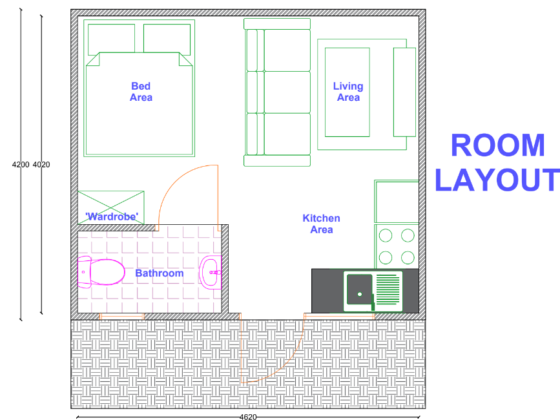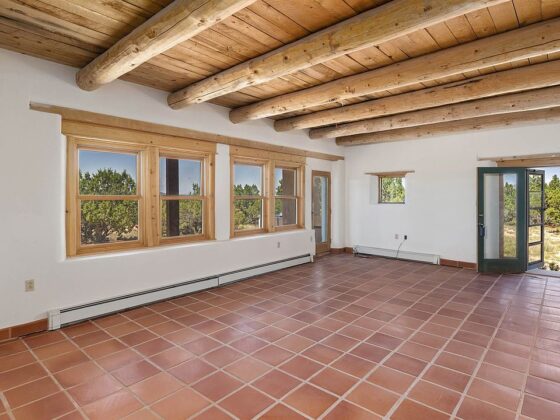The initial question to ask yourself is how can you correctly determine the scope of services that will be rendered towards the project at hand. It helps to come up with a proper list and note these down, not only to help you come up with the correct billing for your services but also to use as a guide during the duration of the project. When you do not correctly assess your roles during the project, you might find yourself working for more than the amount of money you billed to the project.
Factors that affect how much you charge for a service include the amount of professional work that will be done, how complex or simple the project will be and the skills that one would require to achieve the desired results in the project.

It goes without saying that complex projects will be charged at a higher rate than simple projects. The amount of involvement in terms of time will dictate the cost of service as the more you spend on a project,the more expensive it becomes. It is also worth noting that some skill sets are deemed more expensive than others.
Options that one might use are:
1. Multiples of direct personal expense – After adequately figuring out how much it will cost you to do a certain job in hours and skill set in terms of money, a multiple of this can be used to come up with the cost of the service. Note that this should include all expenses such as travelling trips, meetings etc. and depending on the project you can multiply this by a factor to get the actual cost of service.
2. Percentage of construction cost of the project – This is a common method of determining how much you charge for a service especially if the project is well documented and the scope is well known. If the services required are those typical to projects, then this method is suitable. As the above step, you should be aware of how much it costs you to deliver your service in order to make an informed decision.

Depending on the size of project and complexity, the percentage offered for professional services usually varies between 1-10% of the construction cost of the project.
It also varies from one profession to another. The percentage selected should appropriately cover your expenses and leave room for overhead and profit.
3. Billing rates for personnel classification – In this method, one determines the personnel that will contribute to the project. These personnel depending on rank have professionally acceptable billing rates. For engineers in Kenya, the billing rates are provided by the Engineers Board of Kenya( EBK).

Therefore, how much you charge for your services is dependent on the amount of time a person of your classification spends on a project. It is a multiple of time and rate. It is the simplest method but most clients find this expensive.
4. Cost plus fee – This is a more flexible method of determining how much to charge for a service. It is based on the concept that based on the nature of the project, there could be variables that might increase the final price point. A fixed figure is provided and then if variables exist, the fee increases. This method of billing is suitable especially where the scope of services to be rendered is not clear.
This occurs when project would not be considered typical in any sense. This method of billing allows the professional to be safely reimbursed for all the extra work he/she has to do and therefore allows for more freedom in work and better project delivery.
5. Lump sum amount – This is whereby one charges for a service by asking for a lump sum amount. This amount should be able to cover your foreseen expenses,pay for overhead profits and tax. The advantage of this is there is no need to keep following up with the project on the amount of expenses you rack up that need to be billed to the project.

However, a major drawback is that you could have grossly underestimated the scope of work required but you will still be bound by contractual obligation to deliver the expected result for the same amount.
Read more on the roles of an engineer or an architect during construction.
Hope this article has been informative, Build Wisely!












2 comments
Great article. Insightful! Now we’ll be better placed to charge for projects.
Experience and exposure to certain scopes of work is a factor too.
Thank you Muthiga. I agree with your sentiments. Experience in a certain scope of work comes at a higher price.